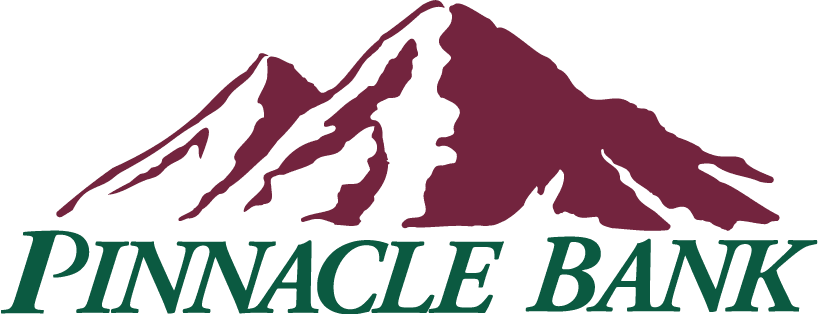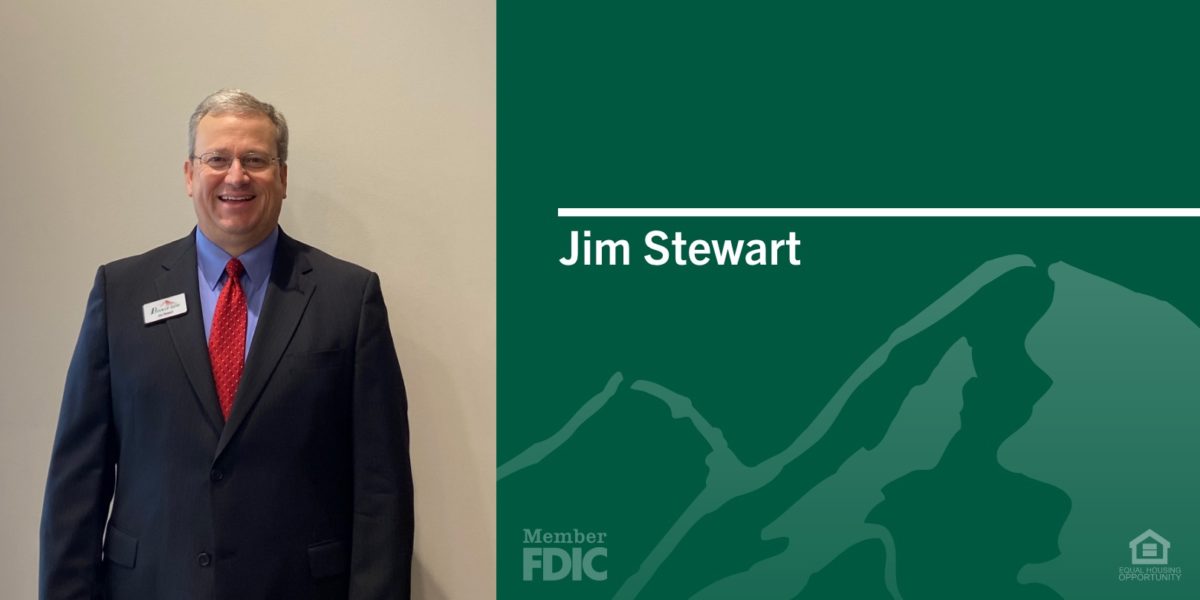Most small businesses faced many challenges when the pandemic shut down the economy. If you’re still up and running, you should consider yourself a survivor. You found ways to adapt your business to meet your customers’ needs.
As 2021 approaches, take a moment to decide whether or not to adopt any new practices you implemented to “survive.” Here are some of the more common areas to review:
Expand Customer Payment Options.
Many businesses quickly adapted to offer contactless and mobile payment options for customers. If you were one of these companies, did you find these payment options to be profitable? Were you able to attract new customers? Are there other options available you’d like to implement in 2021?
Offer Creative Service Delivery.
With so many restrictions on in-person service, many businesses got creative in providing service to customers. Some offered curbside pick-up and expanded their delivery parameters. Others moved some of their operations outdoors or scaled up their website and mobile offerings. For example, real estate agents, mortgage lenders, and title companies worked together to provide virtual closings for homes, and it may continue to be a viable option moving forward. What modifications did you make to your service delivery in 2020? Is this a viable, sustainable option for 2021 and beyond? If not, what should you change?
Sponsor Live Stream Events.
Live streaming has allowed companies to connect with current customers and even attract new ones. There are hundreds of examples of business owners live streaming the service they would normally provide in-person. For instance, one dance studio started offering Zoom classes and expanded its fitness offerings as well. They met with students as a group and then offered individual tutoring at an affordable price. Now that things are re-opening in many parts of the country, live streaming may continue to be an essential business development tool. Have you used live streaming to help your business? If so, does it make sense to continue this effort in 2021? And can you find new and unique ways to incorporate more into what you started?
Allow Remote Working Opportunities.
Many companies immediately allowed employees to work from home, giving them the flexibility they needed to deal with their changing needs due to the pandemic. What’s happened is many businesses found that a lot of things can be done remotely and are looking to modify work schedules to meet their changing needs. If you allowed employees to work remotely, is that a viable option for 2021? Can you enable particular work to be done remotely, while other work is required at the office?
Offer New Revenue Streams.
Was there something you modified to survive in 2020? Maybe you began to offer hand sanitizer bottles or masks. Or you offered toilet paper or wipes as a giveaway. Consider whether any of these offerings are sustainable for the future. More importantly, take a look at how agile your business was in offering new revenue streams. Then look at your market to see if there is an opportunity to do something slightly different.
Keep up With Safety Measures.
Many businesses tout improved safety measures throughout the pandemic – additional cleaning, Plexiglass counters, mask and social distancing requirements, among others. Whatever you’ve done to keep your business safe, is it something you wish to continue even when it’s not required? Are there practices you’ve put into place that make sense and help customers feel more comfortable overall?
While this is not a complete list of items to review, it will help you start your 2021 planning. The more you can learn from your experience during the pandemic, the stronger your company will be in the end.
Now may also be an excellent time to discuss your 2021 plans with one of our Business Bankers. We’ll help you find ways to maximize your profit as you improve customer engagement.
Learn more about business banking at Pinnacle Bank.













